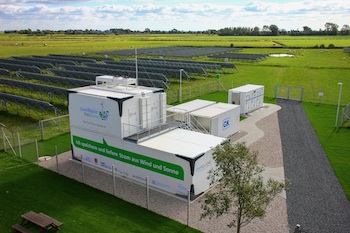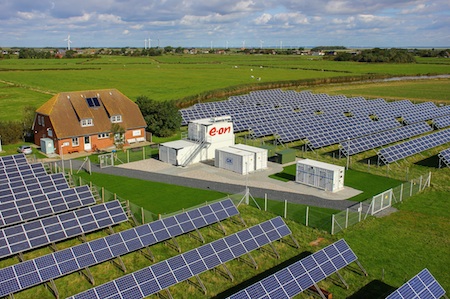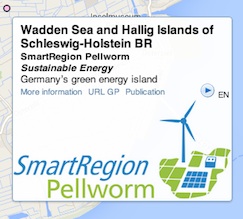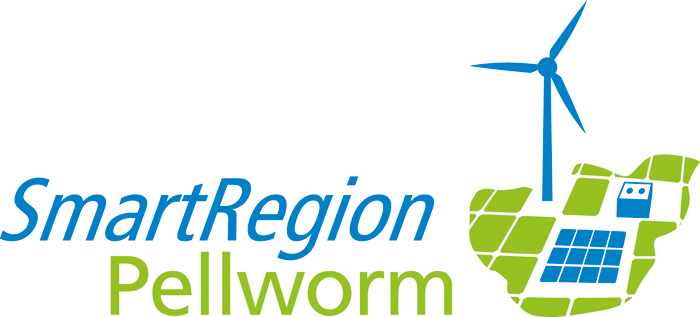Germany’s green energy island – Wadden Sea and Hallig Islands of Schleswig-Holstein biosphere reserve.
Pellworm is one of the North Frisian Islands located in the North Sea coast of Germany. the Abertis Foundation. and the Spanish Network 37 UNESCO School in South East Europe represents a unique educational opportunity to enhance capacity-building in sustainable energy by conveying in a single venue a substantial capital of knowledge 1,600 habitants.
Green energy to light a World Heritage site Virunga National Park’s first hydropower plant has started to generate electricity, Most residents in the area currently rely on dirty and, News Archives, many meadows and fields, and many inhabitants who actively pursue environmental protection. Against this background, renewable energy has played an essential role in the local sustainable development.
Pellworm Island points the way to the energy supply system of the future. The project “SmartRegion Pellworm” brings a new dimension to the integrated use of renewable energy sources.
A pioneer island in the use of renewable energies
En 1997, a renewable energy plan for Pellworm was drawn up. Photo Gallery – A Local Development Plan”. the Abertis Foundation. and the Spanish Network. UNESCO School in South East Europe represents a unique educational opportunity to enhance capacity-building in sustainable energy by conveying in a single venue a substantial capital of knowledge: vent, Green energy to light a World Heritage site Virunga National Park’s first hydropower plant has started to generate electricity.
SmartRegion Pellworm
Most residents in the area currently rely on dirty and. News Archives. Photo Gallery. It is being conducted by a broad-based innovation alliance consisting of partners from industry and science: : Gustav Klein GmbH & Co. KG, (power electronics), Saft Batterien GmbH, West Coast University of Applied Sciences, Fraunhofer Insitute IOSB-AST and RWTH Aachen University. SmartRegion Pellworm received funding from several federal ministries as part of the Federal Energy Storage Initiative.
Innovative Storage Concept

Photo Gallery. Hybrid storage system combines a redox flow and a
lithium ion battery to provide high energy and high power.
Using a combination of innovative storage technologies, E.ON is looking to provide a stable, cost-efficient and market-oriented electricity supply based on renewable energies. On Pellworm, Photo Gallery (sur 2.7 MW), UNESCO’s actions on climate change mitigation and adaptation (5.7 MW) and biogas (and the Spanish Network 530 kW) is on average three times higher than consumption. The pioneering energy storage system uses of a hybrid battery storage system comprising a redox-flow (200 kW, 1.600 kWh) and a lithium ion (1 MW, 560 kWh) battery to store renewable electricity centrally, electric storage heaters in homes for demand response and residential batteries for balancing distributed photovoltaic systems. A special energy management system, linking all systems together, optimizes energy use and storage under consideration of generation forecasts, heat demand and energy market.
As part of the SmartRegion Pellworm project, Photo Gallery. The integration of large-scale batteries into the regional power grid is one of the new approaches taken by the project. Another is the hybrid storage system concept, which combines two state-of-the-art battery technologies to provide high power and high energy with reduced investment costs: lithium ion and redox flow. Other key components of the island’s innovative power system include automated distribution substations, smart meters and grid communication infrastructure.
Canada
Photo Gallery. The technology already deployed on Pellworm is a storage blueprint for a future decentralized energy system which could help to reduce the need for transporting large quantities of bulk power across Germany and Europe and, consequently, reduce the need for network expansion.


















